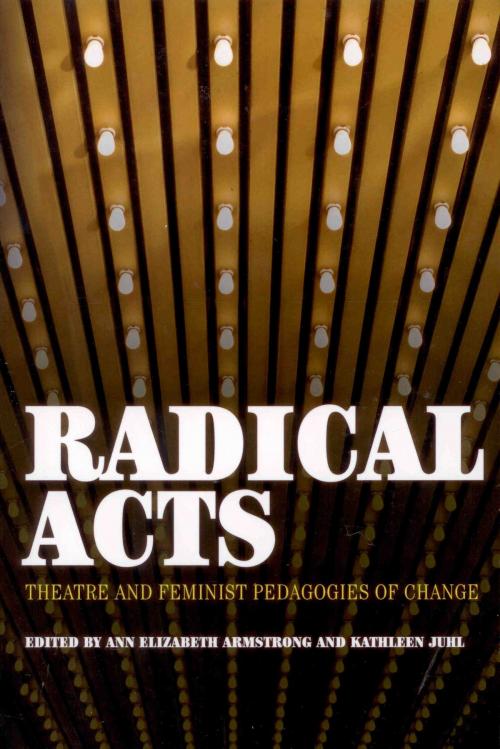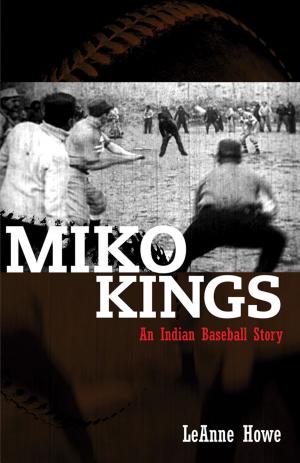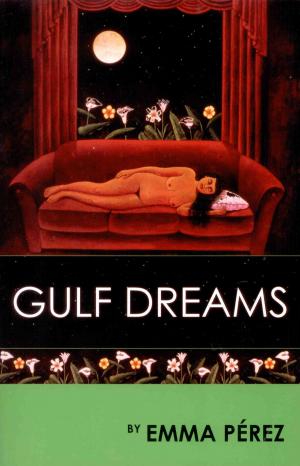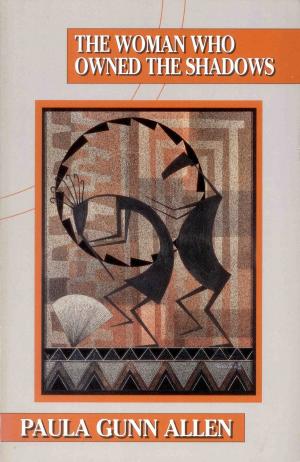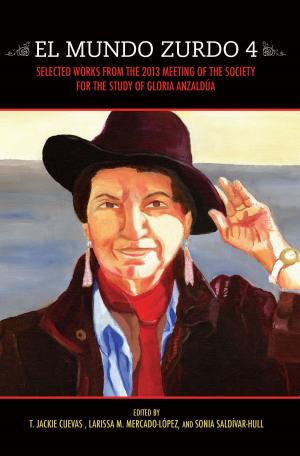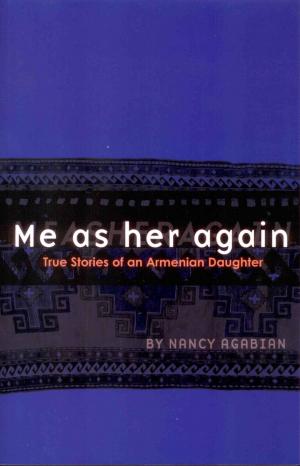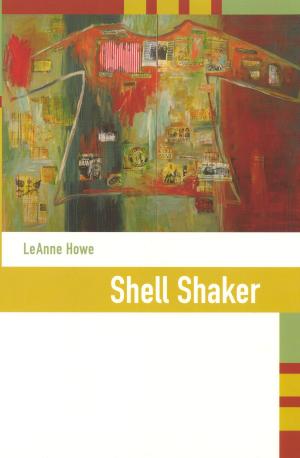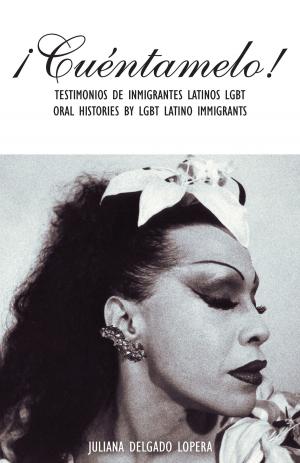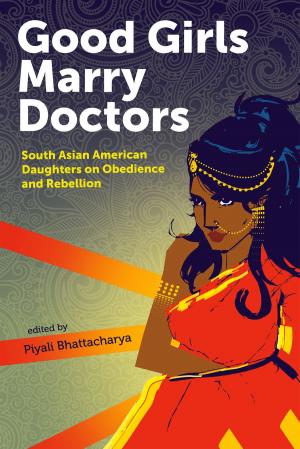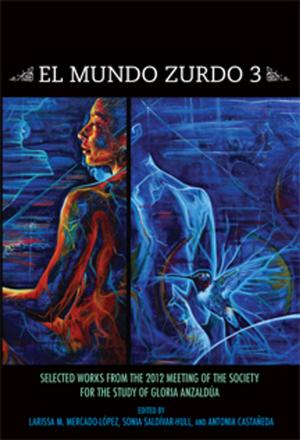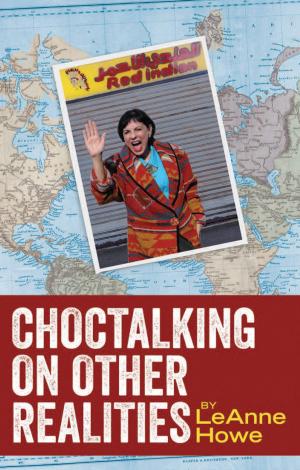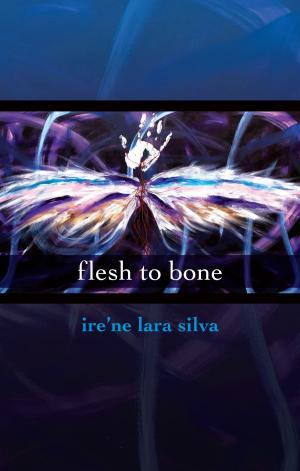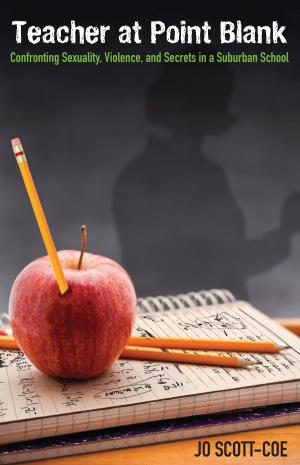Radical Acts
Theatre and Feminist Pedagogies of Change
Nonfiction, Entertainment, Performing Arts, Theatre, History & Criticism| Author: | Ann Elizabeth Armstrong | ISBN: | 9781939904034 |
| Publisher: | Aunt Lute Books | Publication: | December 1, 2013 |
| Imprint: | Aunt Lute Books | Language: | English |
| Author: | Ann Elizabeth Armstrong |
| ISBN: | 9781939904034 |
| Publisher: | Aunt Lute Books |
| Publication: | December 1, 2013 |
| Imprint: | Aunt Lute Books |
| Language: | English |
Radical Acts is an innovative compilation of essays and interviews about how feminist approaches to teaching theatre challenge and engage students, teachers, and audiences alike. Contributors include theatre practitioners working in a wide variety of settings and with diverse social groups, offering inspiring accounts of how to create a more inclusive, reflexive, and liberating theatre education. Includes essays by Cherríe Moraga, Rebecca Schneider, and Joni L. Jones/Omi Osun Olomo; interviews with Deb Margolin and Kate Bornstein. Challenging feminists and theater practitioners, in and out of the academy, this impressive collection engages a fundamental component of all social justice movements: the body and its unconscious habits. The wide range of voices awaken the possibilities for radical democracy that emerge when feminism, critical pedagogy, and theater come together. It offers new and fresh alternatives to anyone engaged with reframing body politics. —Shannon Winnubst, author of Queering Freedom Radical Acts is a collection of essays on how teaching theatre can help our students make a dynamic connection between art and activism. It is a book for this century, creating a bridge between feminist theory of the late twentieth century, and the issues of gender injustice, racial inequality and global crisis that still haunt us today. —Ellen Donkin, author of Upstaging Big Daddy: Directing As if Race and Gender Matter Radical Acts fills a felt need from those of us who teach feminist content and/or feminist methods. In fact, one of the strengths of the project is its emphasis on feminist teaching regardless of the course content. —Jill Dolan, author of The Feminist Spectator as Critic When I finished reading, I fantasized about having all the authors over for drinks and a potluck. I really wanted to continue the conversation. —Donna Nudd, co-founder of the Mickee Faust Club This is an exciting and scholarly collection that offers many innovative models for integrating theory and practice in feminism, theatre and education. There's a great deal of practical wisdom in these essays. —Berenice Fisher, author of No Angel in the Classroom
Radical Acts is an innovative compilation of essays and interviews about how feminist approaches to teaching theatre challenge and engage students, teachers, and audiences alike. Contributors include theatre practitioners working in a wide variety of settings and with diverse social groups, offering inspiring accounts of how to create a more inclusive, reflexive, and liberating theatre education. Includes essays by Cherríe Moraga, Rebecca Schneider, and Joni L. Jones/Omi Osun Olomo; interviews with Deb Margolin and Kate Bornstein. Challenging feminists and theater practitioners, in and out of the academy, this impressive collection engages a fundamental component of all social justice movements: the body and its unconscious habits. The wide range of voices awaken the possibilities for radical democracy that emerge when feminism, critical pedagogy, and theater come together. It offers new and fresh alternatives to anyone engaged with reframing body politics. —Shannon Winnubst, author of Queering Freedom Radical Acts is a collection of essays on how teaching theatre can help our students make a dynamic connection between art and activism. It is a book for this century, creating a bridge between feminist theory of the late twentieth century, and the issues of gender injustice, racial inequality and global crisis that still haunt us today. —Ellen Donkin, author of Upstaging Big Daddy: Directing As if Race and Gender Matter Radical Acts fills a felt need from those of us who teach feminist content and/or feminist methods. In fact, one of the strengths of the project is its emphasis on feminist teaching regardless of the course content. —Jill Dolan, author of The Feminist Spectator as Critic When I finished reading, I fantasized about having all the authors over for drinks and a potluck. I really wanted to continue the conversation. —Donna Nudd, co-founder of the Mickee Faust Club This is an exciting and scholarly collection that offers many innovative models for integrating theory and practice in feminism, theatre and education. There's a great deal of practical wisdom in these essays. —Berenice Fisher, author of No Angel in the Classroom
